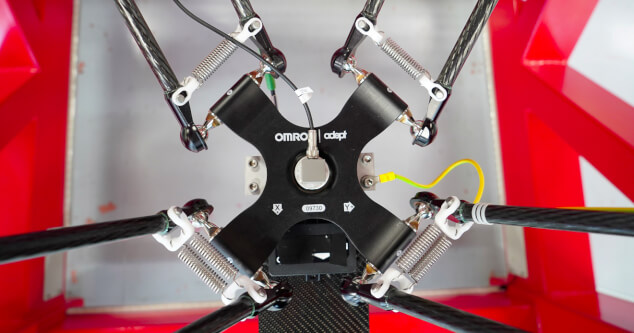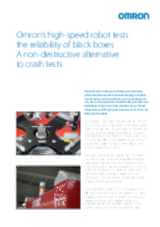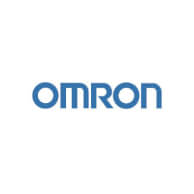High-speed robot tests the reliability of black boxes
Published on 14 May, 2020 in Industry 4.0

Generali Jeniot decided to find a non-destructive, more efficient and more economical alternative to a crash test that would provide reliable information. It has therefore patented and developed a new testing method in conjunction with Viasat, a telematics systems and IoT solutions company. The solution uses Omron’s Delta Quattro robot, which is programmed to subject the black boxes to the same acceleration and deceleration that would be recorded on a car during a crash test, as well as other simulated road traffic situations. The application was developed in collaboration with the University of Padua and was presented at international insurance company conferences and at the SPS automation fair in Parma. It has since been used successfully for testing the black boxes of the Generali Group’s policyholders, as well as those produced and distributed by third parties.
Contact us for more information
